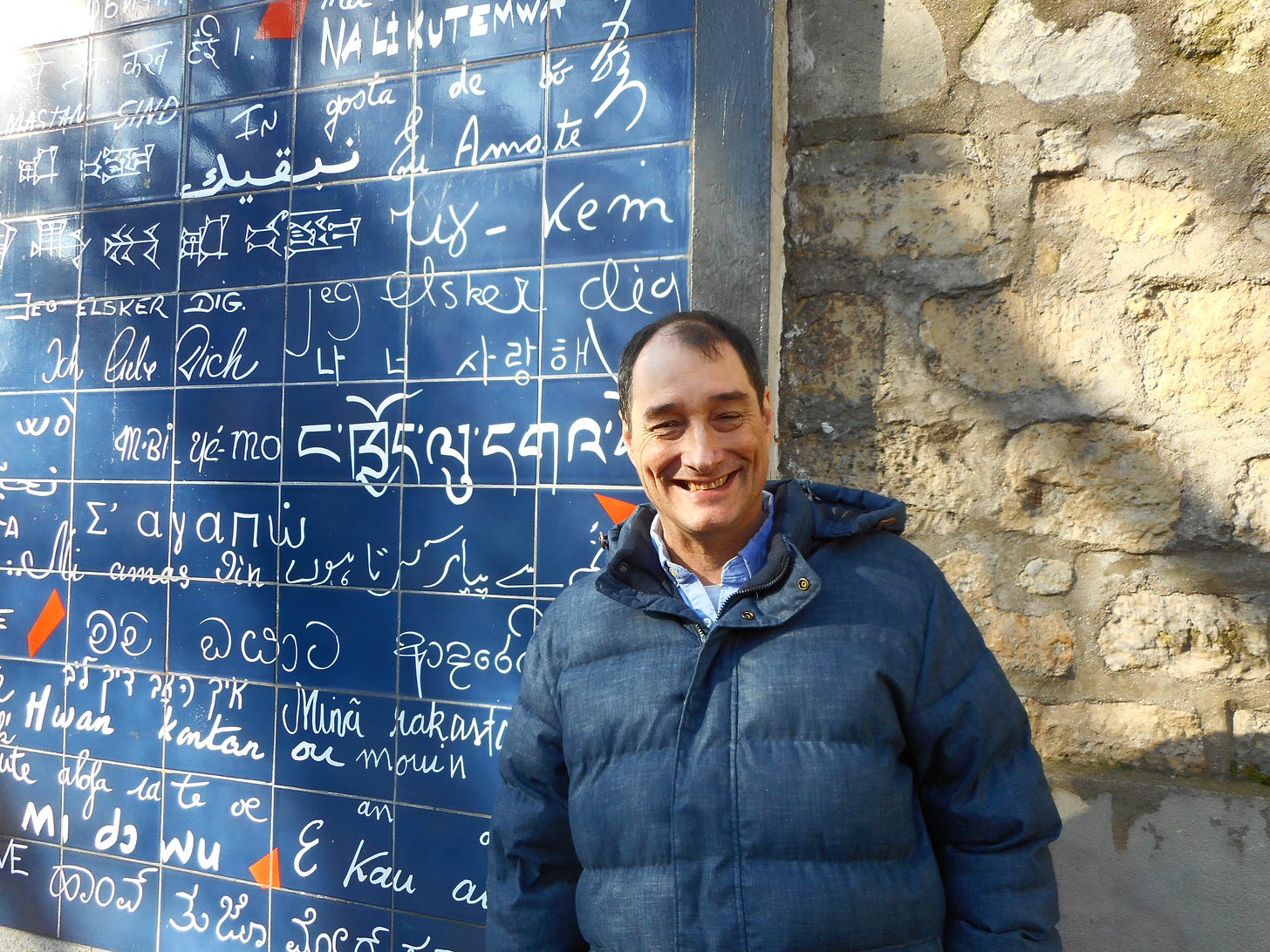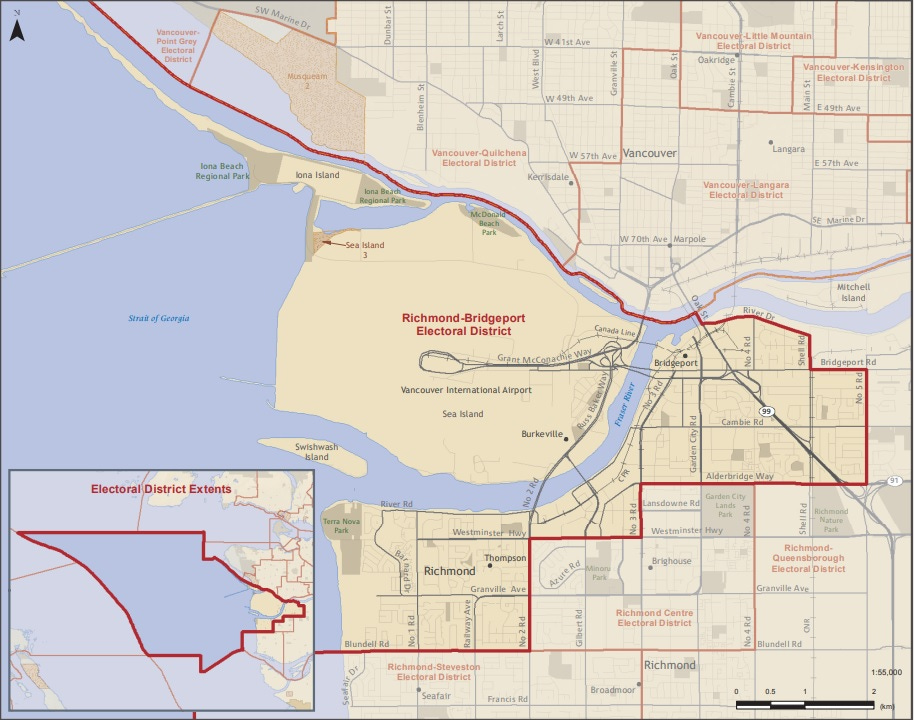Information and Privacy Commissioner should not ignore my call for a probe just because I am an independent candidate
Richmond-Bridgeport candidate Charlie Smith says that if a BC United allegation is swept under the carpet, it has the potential to undermine faith in our democracy

Polls are like crack cocaine to journalists looking for a quick hit in a provincial election. This week, the polls have been very good to the B.C. NDP, showing a four-to-five percentage point lead for David Eby’s party.
But what really matters is who turns up to vote. In the pandemic election of 2020, only 53.86 percent of registered voters cast their ballots. That was an all-time low going back to 1928 and far lower than the 61.16 percent turnout in 2017.
Low turnout set the stage for the greatest B.C. NDP landslide in history in 2020.
That’s because the B.C. NDP has a strong “ground game”. This year, it has more money and lots of volunteers, including many from the labour movement, to identify potential supporters and urge them to vote.
The B.C. Conservatives, on the other hand, are a newer political organization in their current incarnation. They have less money and, in my opinion, less capacity to identify potential supporters and get them to the polls. As a result, I expect the B.C. Conservatives to attract a lower percentage of the actual vote than their final polling percentages.
However, this may not be the case in Richmond-Bridgeport, where I am running as an independent.
When Teresa Wat, the B.C. Conservative candidate in Richmond-Bridgeport, crossed the floor from BC United, her former caucus made an astonishing allegation. It accused her or her staff of improperly downloading “a significant amount of member information prior to her decision to leave”, according to Global News BC reporter Richard Zussman.
What information was this? Was it BC United information on voters in Richmond-Bridgeport who were members of BC United? Did it include BC United members in other Richmond constituencies?
As an independent candidate in Richmond-Bridgeport, I have previously urged B.C. Information and Privacy Commissioner Michael Harvey on this platform to examine whether Wat or her staff downloaded confidential information for the candidate’s personal benefit. I have no proof that this occurred. However, I do wonder if any of this downloading, if true, was in violation of provincial privacy legislation.
If Harvey won’t conduct an investigation, it’s incumbent on Elections B.C. to do this. I have invested considerable time in this campaign, as have three other candidates running against Wat.
Election officials must assure all of us that one candidate did not derive an unfair advantage in this election when crossing the floor by downloading information that did not belong to them in violation of provincial privacy legislation. Elections must be free and fair.
It’s particularly important in Richmond-Bridgeport, which is a new constituency created from redistribution. That’s because this part of B.C. had among the lowest voter turnout in B.C. It also has a large immigrant population—and newcomers to the country deserve to know if elections are free and fair in Canada. If they don’t believe this is the case, it will discourage them from voting in the future, thereby undermining our democracy.
Richmond-Bridgeport crosses the northern part of Richmond from Terra Nova Park to No. 5 Road and includes Sea Island. In the last provincial election, sections of the two constituencies with the lowest voter turnout in B.C. were combined into Richmond-Bridgeport.
In 2020, Richmond South Centre’s voter turnout was 40.12 percent. In Richmond North Centre, the turnout was 40.36 percent. These are dreadfully low numbers. I ran in this part of the Lower Mainland to stimulate discussion about public issues.
Richmond-Bridgeport also includes a small part of the former area of Richmond-Queensborough, where voter turnout reached 49.56 percent in the last election.
For those who are interested, here is a list of 23 constituencies where voter turnout was below 50 percent in 2020. (Keep in mind that as a result of redistribution, some have new names and/or new constituency boundaries in the 2024 election.)
1. Richmond South Centre: 40.12 percent
2. Richmond North Centre: 40.36 percent
3. North Coast: 40.45 percent
4. Surrey-Whalley: 40.59 percent
5. Peace River South: 41.66 percent
6. Burnaby-Deer Lake: 43.78 percent
7. Burnaby-Edmonds: 44.36 percent
8. Vancouver-Kingsway: 44.5 percent
9. Surrey-Guildford: 45.69 percent
10. Peace River North: 46.48 percent
11. Chilliwack: 47.04 percent
12. Surrey-Green Timbers: 47.2 percent
13. Prince George-Valemount: 47.42 percent
14. Surrey-Newton: 47.91 percent
15. Vancouver-Mount Pleasant: 48.01 percent
16. Abbotsford South: 48.46 percent
17. Kelowna West: 48.87 percent
18. Kelowna-Lake Country: 49.01 percent
19. Prince George-Mackenzie: 49.06 percent
20. Vancouver-Langara: 49.45 percent
21. Richmond-Queensborough: 49.56 percent
22. Nechako Lakes: 49.91 percent
23. Abbotsford West 49.96 percent




